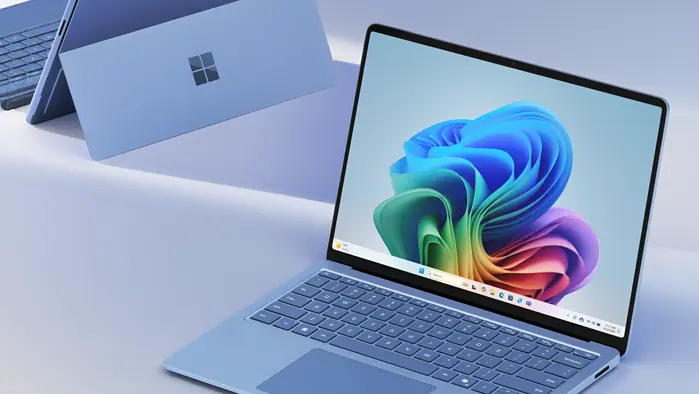How secure are Copilot+ PCs? Microsoft says it's tightening up its security belt
A lot of AI-centered announcements were made
Key notes
- Microsoft announced Copilot+ PCs at Build 2024.
- They’re an AI desktop and a future of computing,
- But, how safe are they?

Microsoft arrived with tons of AI announcements during the Build 2024 conference, but perhaps one that got the most airtime was the Copilot+ PCs, an AI desktop, and a look into the future of computing. But how safe are they, considering how much sensitive, personal data they will handle?
The Redmond-based tech giant shared in another update on some of the measures that it will take to make Copilot+ PCs the safest, most secure AI PCs around. That surely is a breath of relief, considering how terrible last year was for identity-based cyberattacks that stole passwords.
The Windows 11 makers then said that it’s partnering up with manufacturers of laptops and PCs to tackle device security threats from the start. And, to do that, all Copilot+ PCs will then be Secured-core PCs, offering better and much more advanced security features and AI for both commercial and consumer uses.
“By partnering with OEMs, app developers and others in the ecosystem—along with helping people to be better at protecting themselves—we are delivering a Windows that is more secure by design and secure by default,” Microsoft says.
These PCs will include a Microsoft Security processor and Windows Hello Enhanced Sign-in Security for improved biometric authentication and protection of personal data. The Redmond company has, in fact, been hard at campaigning passwordless experience on Windows 11 since many, many months ago.
Microsoft boasts that Windows 11 includes built-in security features that reduce security incidents by 58% and firmware attacks by 3.1 times. Multifactor authentication, Local Security Authority protection, and other updates make credential theft more difficult.
Read our disclosure page to find out how can you help MSPoweruser sustain the editorial team Read more




User forum
0 messages